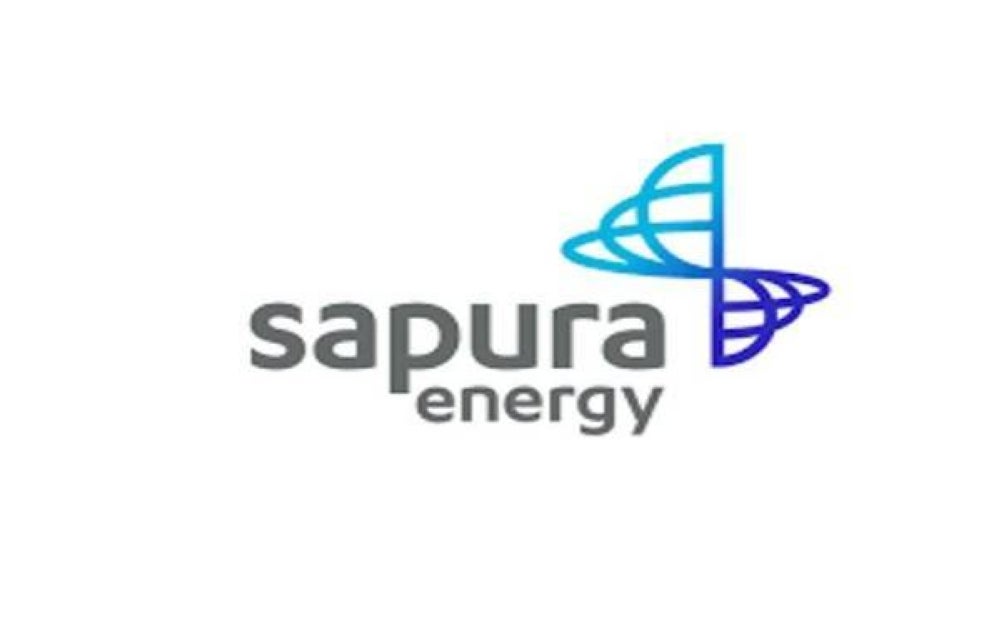Don't bailout Sapura easily, urges think tank
KHAIRIL ANWAR MOHD AMIN
SHAH ALAM - A think tank says Sapura Energy Berhad should not be bailed out as such a move would set a trend for other companies not being accountable for their poor performance, and continue to be negligent, the country's policy and socio-economic research centre said.
EMIR Research President and Chief Executive Officer (CEO), Datuk Dr Rais Hussin Mohamed Ariff said a detail forensic investigation should be done to identify the reasons for its crisis.
He further said salary packages were high and unreasonable for a large number of senior management officers in the company, especially for expatriates, which came as a shock as Sapura Energy was facing billions of ringgit in losses.
“Do not use identity politics as a tool to lobby government funds to benefit certain parties," he told Sinar Premium. .
He added a professional evaluation needs to be carried out on the country's leading oil and gas services company.
With liabilities at almost RM16 billion, with a loss of RM8.9 billion for the financial year ending 2022, the future of Sapura Energy which was once the country's pride is now in question.
Commenting further, Rais, the former Malaysian Digital Economy Corporation (MDEC) chairman said Sapura's financial crisis could have been avoided if the proposed comprehensive restructuring plan submitted by the company's former President and CEO, Abdul Jalil Abdul Rasheed, was implemented.
“My proposal is simple, go back to the company restructuring proposal that was put forward by Abdul Jalil earlier.
He said Sapura's capital market value has plummetted to RM423 million.
"A new management structure must consist of competitive technocrats to restore Sapura Energy's image. The restructuring process must be comprehensive," he added.
But two experts say Sapura needs to be bailed out
However, two experts say that the GLC needs to be rescued because of its world-class reputation.
The Islamic Banking and Finance Institute Malaysia (IBFIM), Shariah Business Department Chief Advisor Dr Razli Ramli said it is a Bumiputra company with a high service rating that has contributed a lot to the country.
“Looking back from the point of view of Sapura Energy's contribution and achievements at the international level, its name is already on the world stage and it has a high service rating.
"If Sapura Energy is disposed of, we will lose a Bumiputera company full of extraordinary experience and success stories," he told Sinar Premium on Sunday.
Meanwhile, economist Barjoyai Bardai of Tun Abdul Razak University said Sapura should not be declared bankrupt due to its capabilities to transfer technology.
“However, I do not see any justification for Petronas taking over Sapura Energy as the country’s petroleum company is also Sapura’s largest customer and the move will definitely create a conflict of interest.
“In addition, Petronas still needs Sapura’s services for its projects with the company having a better understanding of the sector.
"As a result, Sapura Energy needs to be taken over by another government entity with Khazanah Nasional Bhd being the best candidate," he said.
12 companies the government bailed out previously
1. Malaysia Airlines Berhad (RM23.4 billion)
2. Perwaja Steel (RM9.9 billion)
3. 1MDB (RM6.5 billion)
4. FELDA (RM6.2 billion)
5. LRT Mass Transit (Putra Kelana) (RM5.3 billion)
6. Port Klang Free Zone (RM4.6 billion)
7. LRT2 (Star Ampang) (RM3.3 billion)
8. Bumiputra Malaysia Finance (RM2.5 billion)
9. Proton Holdings (RM1.5 billion)
10. AirAsia Group Berhad (RM1 billion)
11. KL Monorail (RM888.2 million)
12. Intrakota bus (RM177 million)
Download Sinar Daily application.Click Here!














